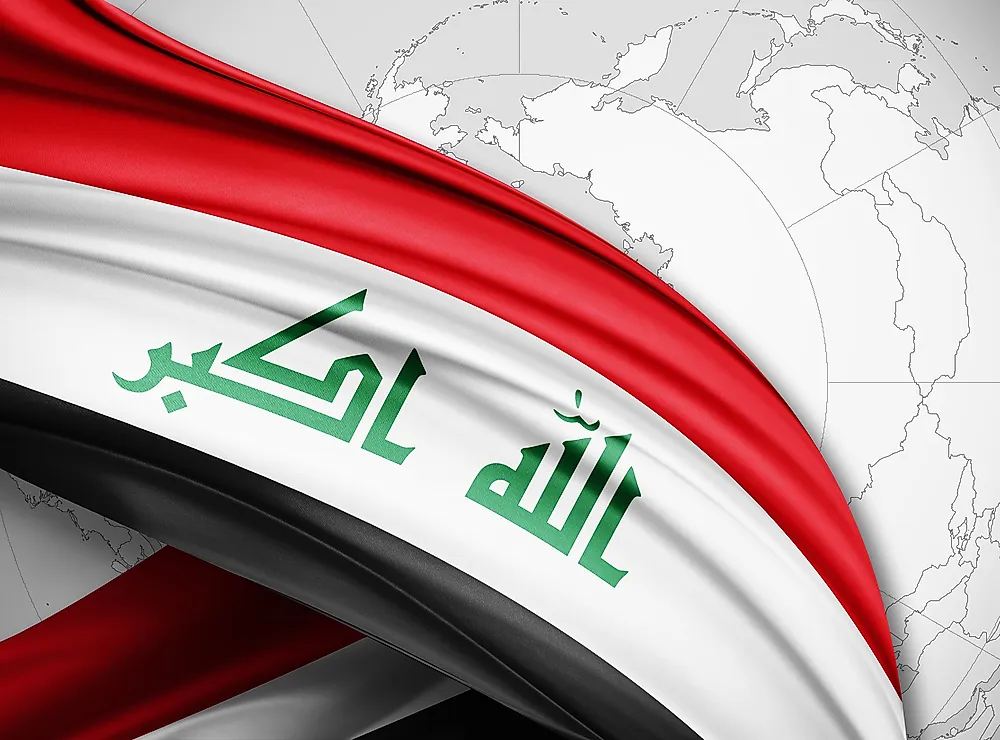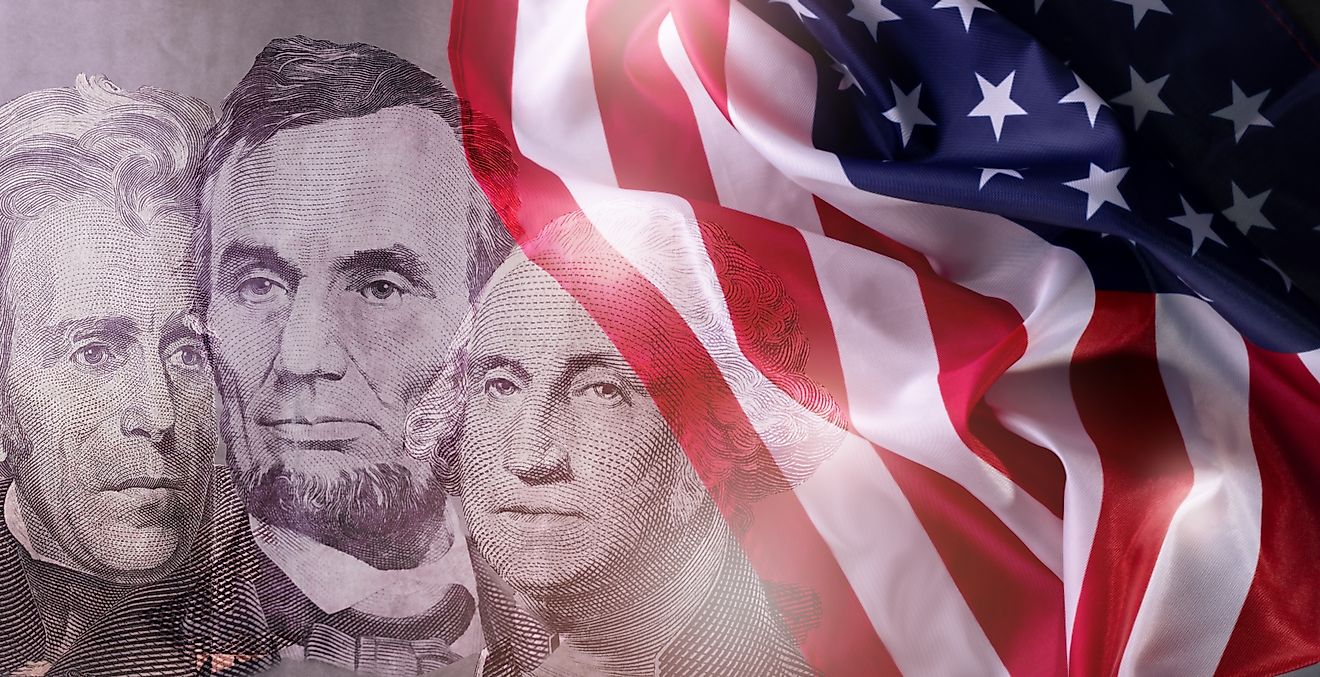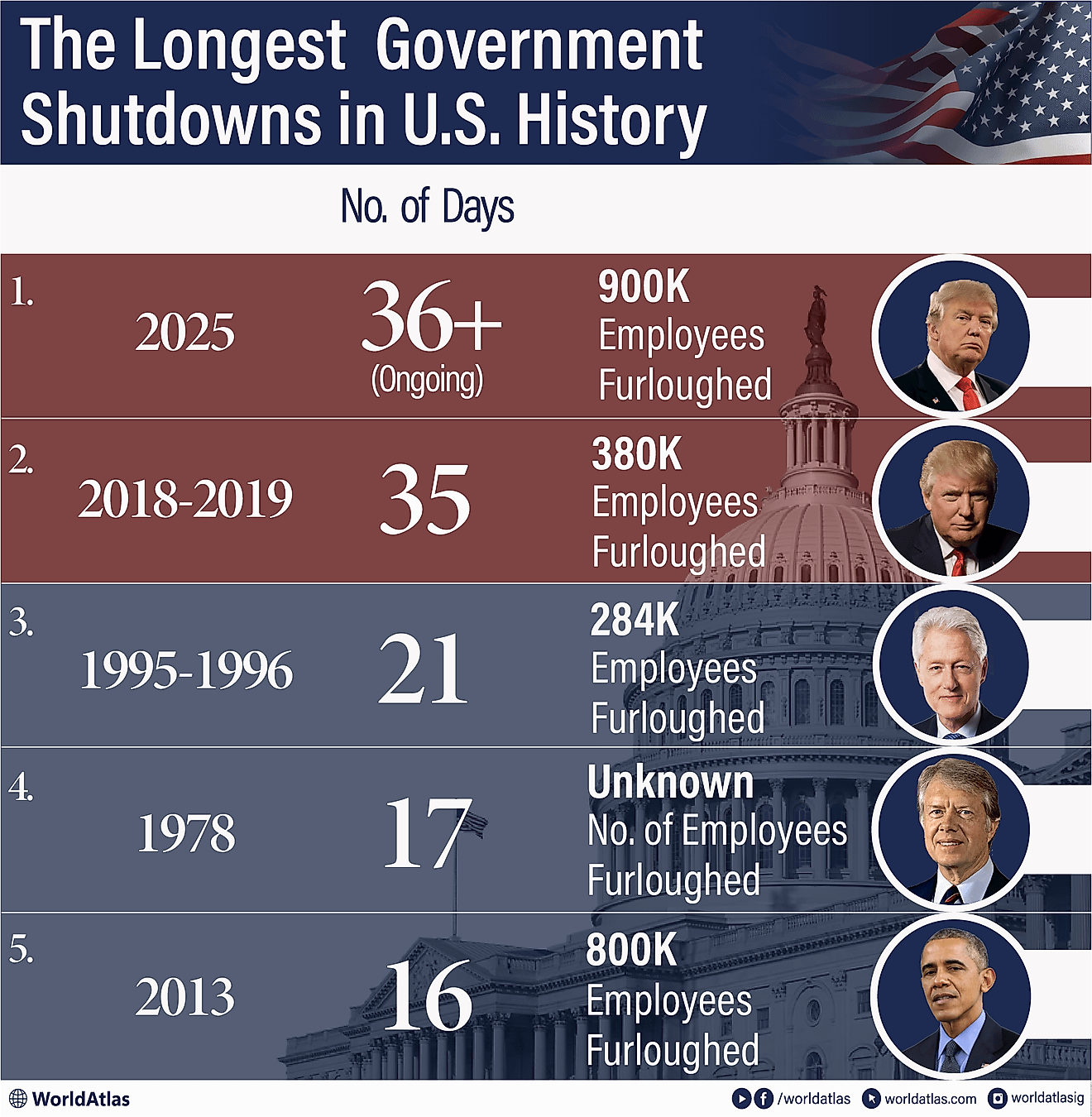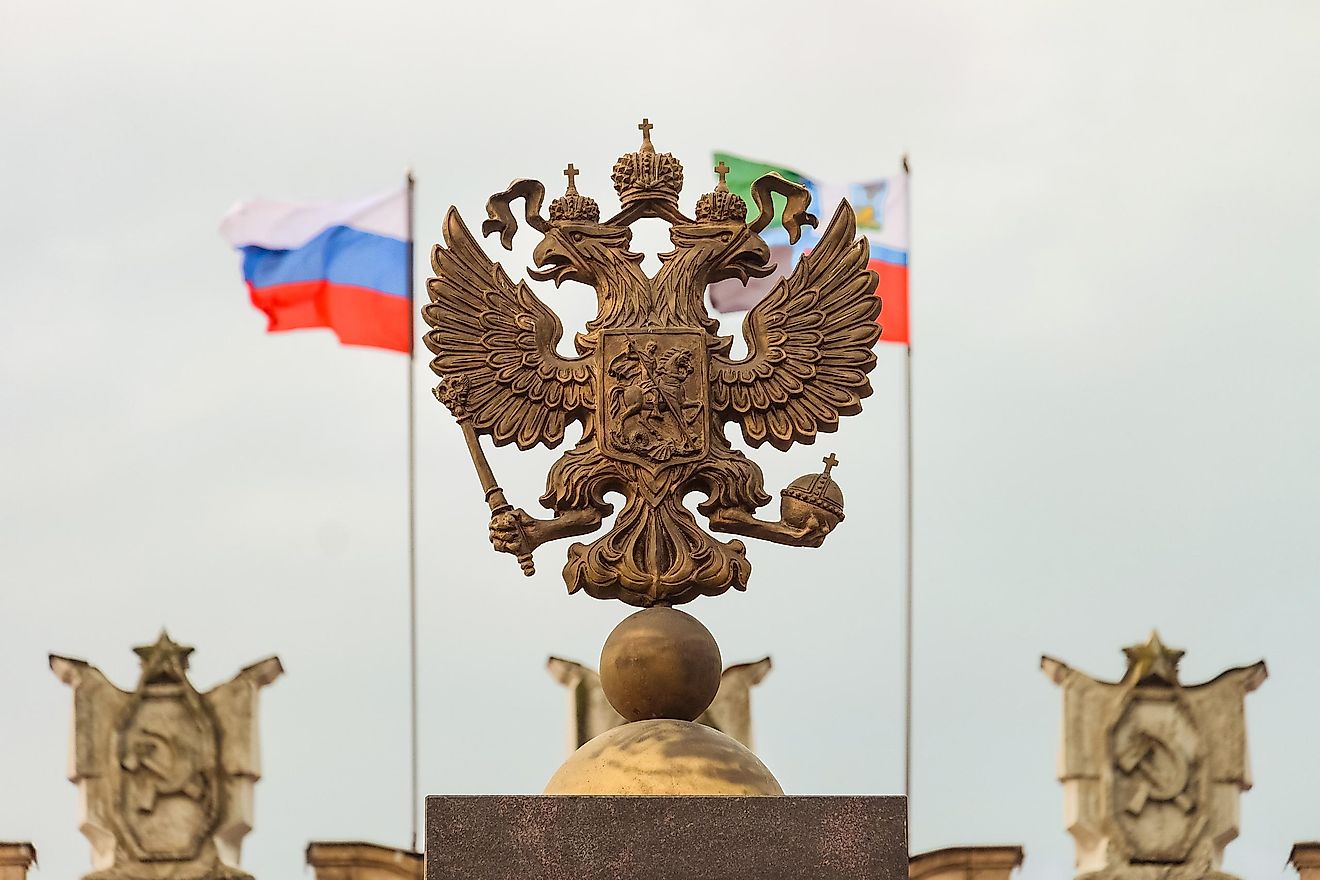Presidents Of Iraq Since 1958

The government of Iraq is a democratic federal parliamentary republic. It consists of three branches, the executive, legislative, and judicial. The principal figures within the government are the Prime Minister, Council of Representative, Council of Ministers, and the President. This article takes a look at some of the most notable Presidents of Iraq.
Notable Presidents of Iraq
Muhammad Najib ar-Ruba’i
The first President of Iraq was Muhammad Najib ar-Ruba’i, who served in the role from July 14, 1958 until February 8, 1963. Ar-Ruba’i and Abdul Karim Qassim carried out a successful coup d’etat against the last king of Iraq, Faisal II. He helped establish the Front of National Union, a collaboration of Communists, Ba’ath Party, Independents, and National Democrats, that led the uprising against the king. When King Faisal II resigned, the rebels formed the Sovereignty Council which was made up of members from all of the ethnic communities. Ruba’i became the Chairman and represented the Sunni community. His government was overthrown in 1963 by another coup d’etat.
Ahmed Hassan al-Bakr
Ahmed Hassan al-Bakr was the fourth President of Iraq, and the first Ba’ath Party President. He served from July of 1968 until July of 1979. Al-Bakr had also been involved in the revolution that overthrew King Faisal II. Prior to being President, al-Bakr served as Vice President under the Arab Socialist Union government. When he was overthrown, he began boosting support of the Ba’ath Party and criticizing the new government. In 1968, the Ba’ath Party successful took control. Under his presidency, the government financed subsidies on basic commodities, reduced taxes, and implemented public welfare programs. The quality of life in Iraq began to improve in the 1970’s when the oil industry became more successful. Saddam Hussein, the cousin and Vice President of al-Bakr, began to take on increasing responsibilities in 1976 as the President’s health decline. Al-Bakr resigned in 1979 and Hussein took his place formally.
Saddam Hussein
Saddam Hussein served as the President of Iraq from 1979 until 2003, making him the longest serving President in the country’s history. His presidency is most remembered for its brutality and crimes against humanity. Upon officially taking office, Hussein had his political enemies arrested and tried for treason, many sentenced to the death penalty. This move set the stage for his rule over the country. In 1980, he led an invasion of Iran in an attempt to stop the Shi’ite uprising. Many of the superpowers in the world supported this move. With their support, he utilized chemical weapons, took part in genocide against the Kurdish community, and began a nuclear program. This war lasted for 8 years and nearly destroyed the economy. After its end, Hussein led an invasion of Kuwait to take back land that had once belonged to Iraq. This was stopped in 1991 by US-led forces. Iraq entered political and social unrest under UN economic sanctions. The US invaded the country in 2003 under suspicion of weapons of mass destruction and a relationship between Hussein and Osama bin Laden. Hussein was captured at the end of 2003, tried for crimes against humanity in November 2006, and executed in December 2006.
Role of the President in Iraq
The President of Iraq holds the important position of being the head of state. The President is not elected by the general public, but rather the Council of Representatives by a two-thirds vote. The person in this position can only serve for two 4-year terms. Some of the presidential responsibilities include amending treaties and laws, carrying out ceremonial events for the military, and issuing pardons per requests from the Primer Minister.
Presidents Of Iraq Since 1958
| Presidents of Iraq | Term in Office |
|---|---|
| Muhammad Najib ar-Ruba'i | 1958-1963 |
| Abdul Salam Arif | 1963-1966 |
| Abdul Rahman Arif | 1966-1968 |
| Ahmed Hassan al-Bakr | 1968-1979 |
| Saddam Hussein | 1979-2003 |
| Vacant under Coalition Government | 2003-2004 |
| Ghazi Mashal Ajil al-Yawer | 2004-2005 |
| Jalal Talabani | 2005-2014 |
| Fuad Masum (Incumbent) | 2014-2018 |
| Barham Salih | 2018- |











